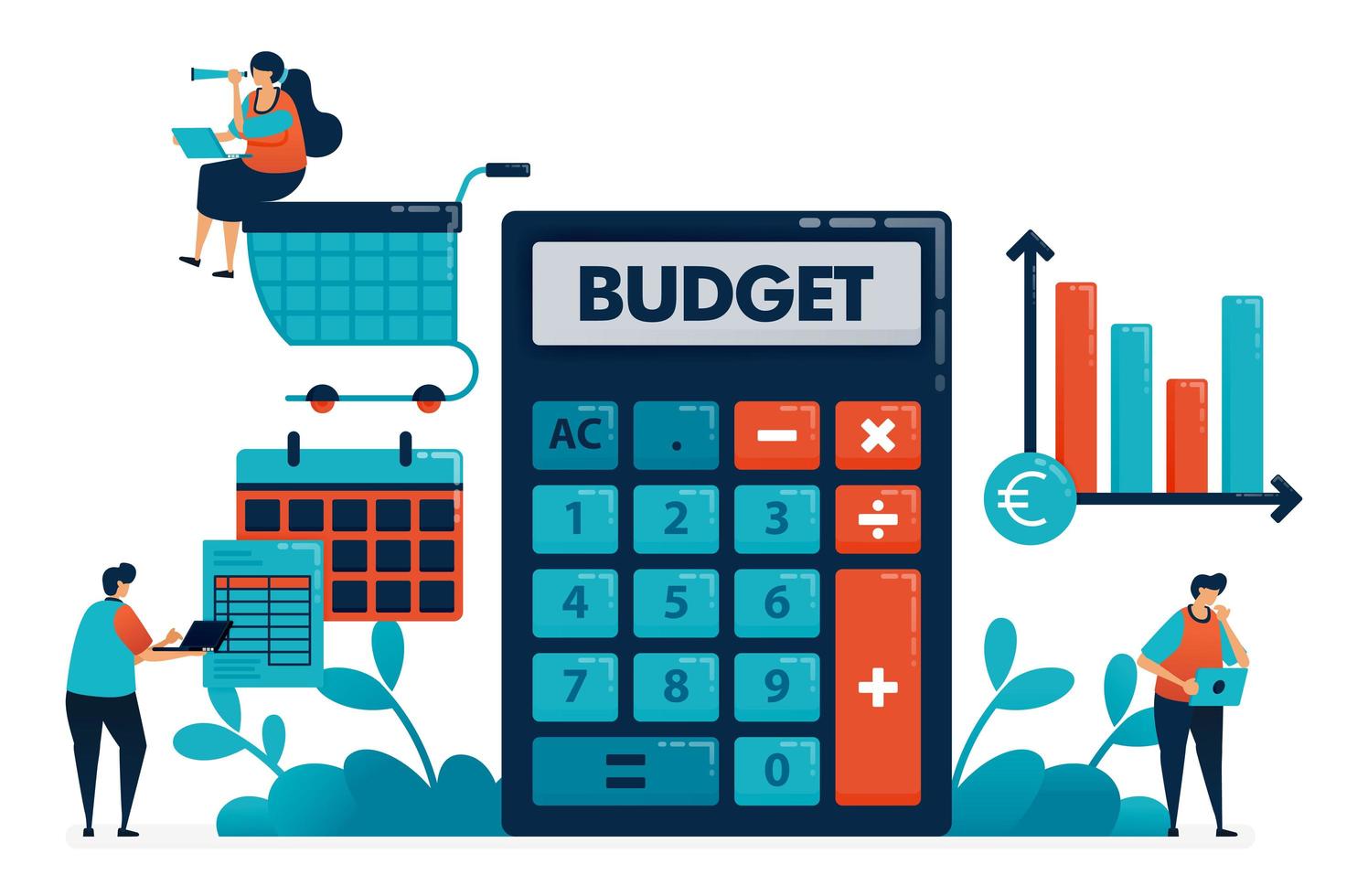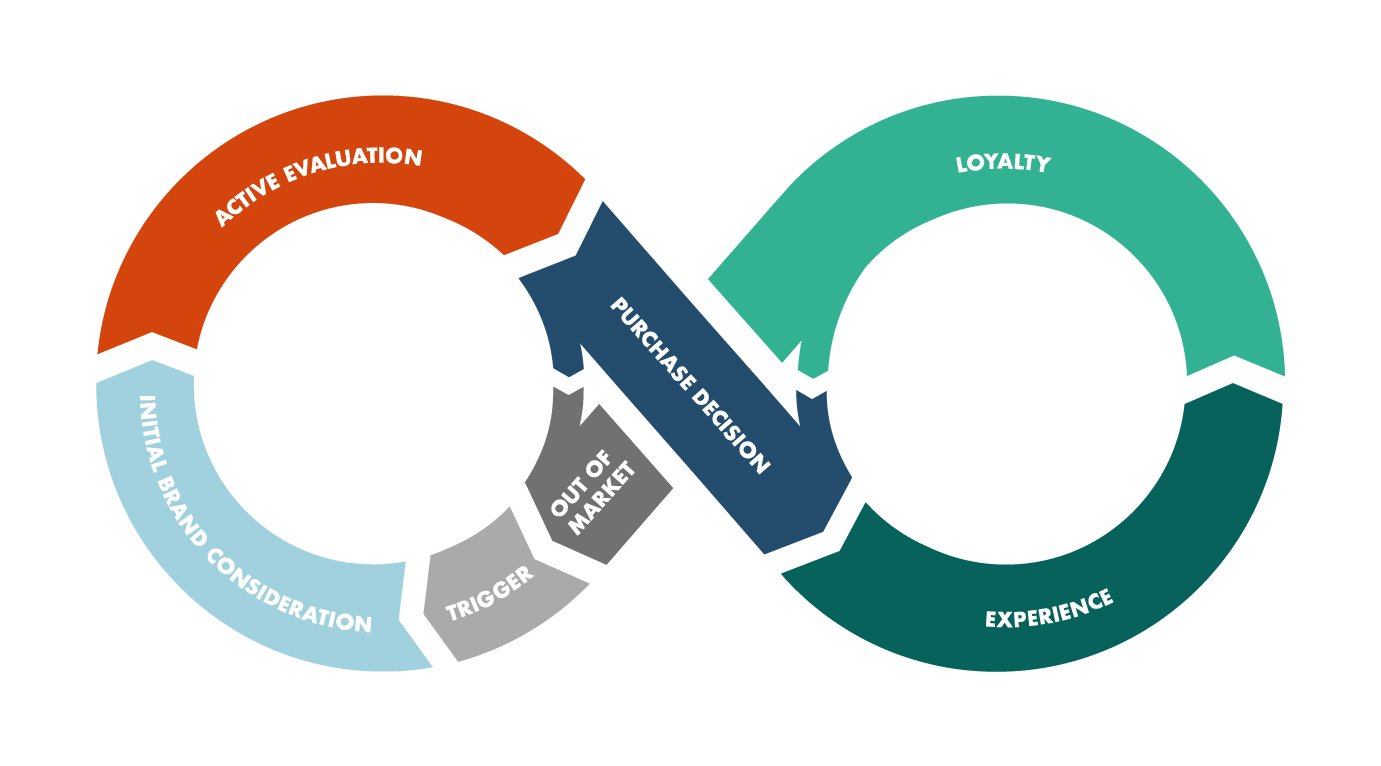Budget Planning: A Comprehensive Guide to Managing Your Finances Effectively

Introduction
Budget planning is an essential process for both individuals and businesses. It helps allocate resources efficiently, ensures financial stability, and provides a roadmap for achieving financial goals. Whether you’re planning for personal finances or managing a company’s budget, the fundamental principles of budgeting remain the same: prioritize needs, track income and expenses, and plan for the future.
In this article, we will dive into what budget planning is, its importance, the steps involved in creating a budget, common budgeting methods, and tips for successful budget management.
What is Budget Planning?
Budget planning is the process of creating a plan for managing your finances. It involves estimating income and expenditures, setting financial goals, and allocating resources to meet those goals. For businesses, https://www.inova-vox.com/ is crucial to ensuring that expenses don’t exceed revenues, and for individuals, it ensures that personal spending aligns with long-term financial goals.
Budget planning helps prioritize spending, control costs, and track progress toward achieving financial targets. It can also serve as a tool for decision-making, enabling individuals and organizations to adjust their strategies based on financial realities.
Importance of Budget Planning
Effective budget planning brings a variety of benefits, including:
-
Financial Control
Budget planning helps ensure that you live within your means. By tracking your income and expenses, you can avoid overspending and make adjustments before financial issues arise. -
Goal Achievement
Whether for personal goals, like saving for a vacation or a home, or business objectives, like investing in new projects, a budget helps allocate resources toward achieving your financial goals. -
Debt Management
Proper budgeting helps you avoid accumulating excessive debt by keeping your spending in check and ensuring that your income is sufficient to cover your obligations. -
Preparedness for Emergencies
A well-designed budget allows you to set aside funds for unexpected expenses, such as medical bills or urgent repairs, helping to mitigate financial stress during emergencies. -
Increased Savings
Budget planning helps identify areas where you can cut back on unnecessary spending, allowing you to save more money for the future. -
Improved Financial Decision-Making
A comprehensive budget provides insight into your financial situation, enabling better decision-making about spending, saving, and investing.
Steps in Budget Planning
Creating a budget is not an overnight task. It requires careful planning, tracking, and regular adjustments. Here are the essential steps in budget planning:
-
Determine Your Financial Goals
Before you can allocate resources effectively, you need to understand what you’re working toward. Your financial goals may be short-term (e.g., saving for a trip) or long-term (e.g., retirement planning or purchasing a home). Clearly defining these goals helps prioritize your spending and savings. -
Analyze Your Income
Start by calculating your total income, whether it’s from a salary, business revenue, investments, or other sources. For businesses, this would include revenue from product sales or services, while for individuals, it would encompass wages, rental income, and any side income. -
Track and Categorize Expenses
Identify all your expenses, both fixed and variable. Fixed expenses are those that do not change from month to month, such as rent or mortgage payments, utilities, and loan repayments. Variable expenses fluctuate, such as food, entertainment, or travel costs.Categorizing expenses into essential and non-essential items helps you focus on necessary spending while identifying areas where cuts can be made.
-
Create the Budget
With income and expenses in mind, create a budget by allocating specific amounts to each expense category. Make sure that the total expenses do not exceed the total income. For businesses, this includes setting aside amounts for operational costs, payroll, marketing, and profit margins.You should also consider setting aside a portion for savings and emergency funds, which is essential for financial stability.
-
Review and Adjust
Once your budget is set, monitor it regularly to track actual income and expenses against your budgeted amounts. If expenses exceed projections, review your budget to see if adjustments are needed, such as cutting down on discretionary spending or increasing savings.For businesses, this review is especially crucial to ensure cash flow remains positive and operational goals are met.
-
Set Up an Emergency Fund
It’s important to set aside a portion of your income for unexpected emergencies, such as medical expenses, car repairs, or unforeseen business disruptions. Having an emergency fund helps prevent financial hardship during unexpected events. -
Evaluate Financial Progress
Regularly assess your progress toward your financial goals. Are you meeting your savings targets? Is your business staying within its budget? Analyzing your progress provides motivation and insight into your financial health.
Common Budgeting Methods
There are several budgeting methods, each with its own advantages depending on the user’s goals and preferences. Here are some popular budgeting methods:
-
The 50/30/20 Rule
This simple method divides your after-tax income into three categories:- 50% for needs (housing, utilities, food, insurance)
- 30% for wants (entertainment, dining out, travel)
- 20% for savings and debt repayment
The 50/30/20 rule is effective for individuals who want a balanced and easy-to-follow approach to budgeting.
-
Zero-Based Budgeting
In this method, every dollar of your income is assigned a specific purpose, whether it’s for spending, saving, or debt repayment. The goal is for your income minus expenses to equal zero at the end of the budgeting period. This method forces careful allocation and prioritization of funds.Zero-based budgeting is particularly useful for businesses to manage cash flow, ensuring that no income goes unaccounted for.
-
Envelope System
This method involves physically placing cash into envelopes designated for specific spending categories (e.g., groceries, entertainment, dining out). Once the cash is gone, you cannot spend any more in that category for the month. The envelope system works well for individuals who want to limit discretionary spending. -
The Pay Yourself First Method
With this method, you prioritize savings and debt repayment by automatically allocating a portion of your income to savings before covering other expenses. This method is especially effective for individuals who are focused on building savings or investing for the future. -
Incremental Budgeting
This method involves adjusting the previous year’s budget by a certain percentage (either increasing or decreasing) to reflect changes in income or expenses. It’s commonly used in business budgeting and government agencies. While simple, it doesn’t always account for the actual needs of the budget.
Tips for Successful Budget Management
-
Be Realistic
When creating a budget, make sure that your income and expense estimates are realistic. Overly ambitious savings goals or underestimating expenses can lead to frustration and failure to stick to the budget. -
Track Your Spending
Consistently track your expenses to stay within the budget. Use apps or spreadsheets to monitor where your money is going and make adjustments if necessary. -
Prioritize Savings
Pay yourself first by setting aside savings before addressing discretionary spending. This habit encourages long-term financial security and helps you build wealth over time. -
Avoid Lifestyle Creep
Lifestyle creep refers to the tendency to increase spending as income rises. Resist the urge to inflate your spending as your earnings grow, and instead focus on long-term financial stability. -
Review Your Budget Regularly
A budget should be a living document, not a one-time task. Regularly review your budget to make sure it aligns with your goals and financial situation. -
Involve Family or Team Members
If you’re budgeting for a household or a business, involve all relevant parties in the process. Ensuring that everyone is on the same page makes it easier to follow the budget and achieve financial goals.
Conclusion
Budget planning is a powerful tool that allows individuals and businesses to manage their finances more effectively, avoid financial pitfalls, and achieve long-term goals. By setting clear objectives, tracking income and expenses, and regularly reviewing your budget, you can maintain control over your financial health. Whether you’re saving for personal milestones or ensuring that a business stays profitable, effective budget planning is essential for financial success.






